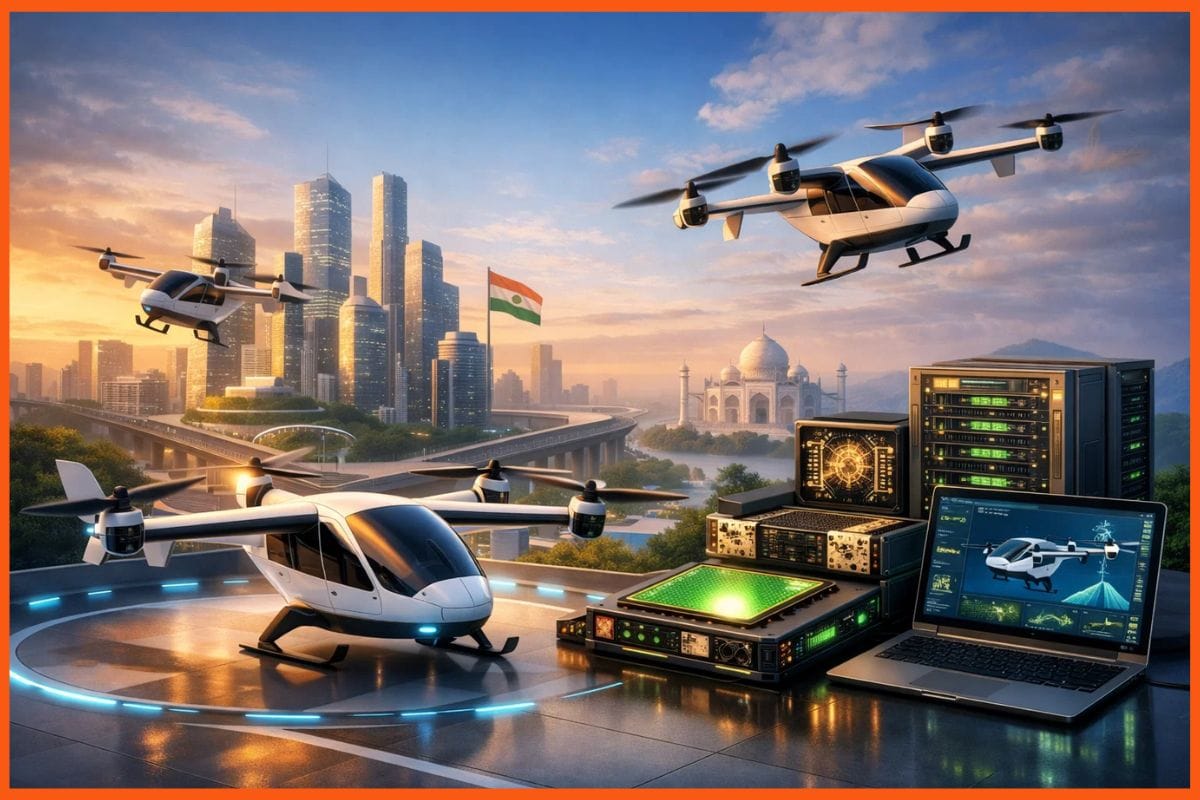How Different Sectors will Resume their Operations after Lockdown?
lockdown
Since March 24, India is under a 21-day lockdown till April 14(which is likely to be extended till April 30) to contain the spread of Coronavirus. During this lockdown, only shops providing essentials and medicals are allowed to remain opened. Apart from these, all the businesses, firms and shops cannot remain opened. But once this lockdown is lifted, all the businesses can resume their operations. Yet, there is a plan rather directives to be followed by all while resuming the operations.
Not surprising, this 21-day coronavirus lockdown has badly hurt India's economy. Usually, India's daily GDP stands at $8 billion. The 21-day lockdown will cause around $168 billion loss which is expected to increase if the lockdown continues for more days. A 30-day lockdown will cause around $250 billion loss which will be very tough to recover. Now everyone is looking at how the Modi government plans to normalise it after April 14.
To strategise a proper exit plan, Prime Minister Narendra Modi has formed Prime Minister's 11 empowered committees. The committees are headed by the home secretary and continuously seeking feedback and assessments. The committee comprises officials from almost every department like railways, civil aviation, pharmaceutical, commerce, health, DEPT officials and representatives from businesses.
Indicating a phased lifting of the lockdown, Prime Minister Narendra Modi has asked Union ministers to prepare a “graded plan” to slowly open departments in non-hotspots of the COVID-19. This means businesses in hotspots might have to wait more. He also asked the ministers to lift the restrictions sector-wise or district-wise.
"It is important to formulate a common exit strategy to ensure a safe re-emergence of the population once the lockdown ends," the PM said in a interaction with state chief ministers, asking them to send their suggestions for such an exit strategy.
Besides, the central government has also sought feedback from states. Prime Minister Narendra Modi held a meeting with chief ministers via videoconferencing and asked them to submit suggestions as per the situation in their respective states for a staggered exit after lifting of lockdown.
Resumption of Airlines
Since India is under 21-day lockdown, all domestic and international commercial passenger flights have been suspended for this time period. However, cargo flights, medical evacuation flights, offshore helicopter operations and flights specially permitted by the aviation regulator DGCA can operate during this time period. Thus, startups in aviation sector have suffered a great loss.
Civil Aviation Minister Hardeep Singh Puri said that resumption of international flights will be considered on a case-by-case basis after India's lockdown ends. It also will depend on which countries they are coming from. There are some directives which all airlines need to follow after resumption.
It will be mandatory to keep the middle seat empty to ensure social distancing inside the aircraft. Also the last three rows will have to be kept empty in order to isolate a passenger if he or she develops symptoms mid-air. Airlines will also be asked to minimise on-board services in order to prevent close contact between cabin crew and passengers. Pre-packaged dry foods will be kept in passenger seats prior to boarding, while airlines may also encourage flyers to carry their own food. Airports will have to ensure two-metre distancing during check-in and security check.
Not all trains will be running
Similarly, Railway Board has said that they are not looking in terms of revenue generation for now as these are sensitive times. The focus is on passenger safety and to ensure that the disease does not spread. Trains will run soon, once the government gives the green signal. The railways officials said they are also identifying trains and routes which can be resumed with the approval of the board.
The trains on routes catering to migrant workers can be resumed initially and also those that are not travelling or that have halts at COVID-19 hotspots. But some rules will need to be followed by passengers. For instance, a measure will include that people need to maintain distance at ticket counters as well as boarding the train to maintain social distancing.
Also Read: What will be the Scenario after Coronavirus Outbreak?
Logistics will be Issue for Manufacturing Industry
The domestic manufacturing industry is also preparing to resume operations when the nationwide lockdown to curb the spread of coronavirus disease ends. After the lockdown is over, firms will be focusing on bringing production back to the pre-lockdown levels, which is not going to be that easy. All leading electronics players like Samsung, LG, Xiaomi, Godrej, Panasonic, Blue Star, etc. are holding virtual meetings with stakeholders and government officials to chalk out a resumption plan, which is being monitored by an empowered group of ministers (EGM).
Even after lockdown, availability of truckers for customers to unload material will be a big issue. Most electronic industry players also raised the issue of logistics since sourcing raw materials is no longer a concern as production units in China have already surpassed 70% capacity but fast-track shipping of goods will be an issue as there will be some restrictions on transport.

Resumptions for Startups will not be Easy
Startups in fast-growing consumer categories such as fashion, beauty and furniture, electronics are struggling with a very low demand because of the ongoing nationwide lockdown. With the lockdown being ordered throughout the country, production, delivery, sales, marketing and at the end earnings are highly affected as people are not allowed to move out of their houses.
Similarly, the 21-day lockdown by the government to contain the outbreak of novel coronavirus has upset the supply chains of e-commerce and other startups that are slowly starting to resume normal business. Only essential products such as groceries and medicines are currently being sold on most platforms.
As a result, even the two biggest online retailers Flipkart and Amazon India are likely to see a drop in sales this quarter because of weak demand for mobile phones, electronics and fashion, the three categories that make up a majority of their business. Both have temporarily halted sales of all consumer goods other than essential items as directed by government.
Yet, the coronavirus pandemic could speed up a market in fintech sector. Some research indicates that more people are using online financial services, including banking apps and stock-trading apps during lockdowns. Even governments are also asking people to go for contactless payment. According to reports, fintech apps saw a 72% spike in usage in the final week of March. These included PayPal, UK neo-bank Monzo, and Barclays' mobile app. Stock-trading apps Robinhood and Acorns also saw download spikes in the US.
Once the lockdown is lifted and normalcy returns, many startups will have to examine how they will work. They will have to pay serious attention to renting an office in a coworking space because such an office is virtually immune to the impact of a pandemic causing lockdown and it helps save rent costs. Many governments are helping the startups in their countries with relief packages.
The US Government recently announced a $2 trillion relief package for its citizens and businesses who have been impacted by the Covid-19 pandemic. This includes a $350 million in loans and other assistance for the small businesses of the country. The UK also announced a £3 billion per month package for Britain’s 3.8 million startups and SMEs. But Indian government hasn’t announced any plans yet but it is expected from government to render some financial help to startups once the lockdown ends.
Also Read: What New Innovations will Come after COVID-19 Pandemic?
Conclusion
Every crisis brings with it some unseen opportunities. Every crisis also tests the limits of our resilience. The current lockdown is not the last; there might be others in the future. While India’s startups are still only a small yet important portion of the larger economy. Thus, many lessons can be learnt from this lockdown.
In future, startups will have have to take into account the fact that their business may be adversely affected by such lockdowns. Importantly, COVID-19, in addition to this, will bring novel changes in businesses & lifestyle and create behavioural changes that will have a lasting effect on our lives.
Must have tools for startups - Recommended by StartupTalky
- Convert Visitors into Leads- SeizeLead
- Website Builder SquareSpace
- Run your business Smoothly Systeme.io
- Stock Images Shutterstock






